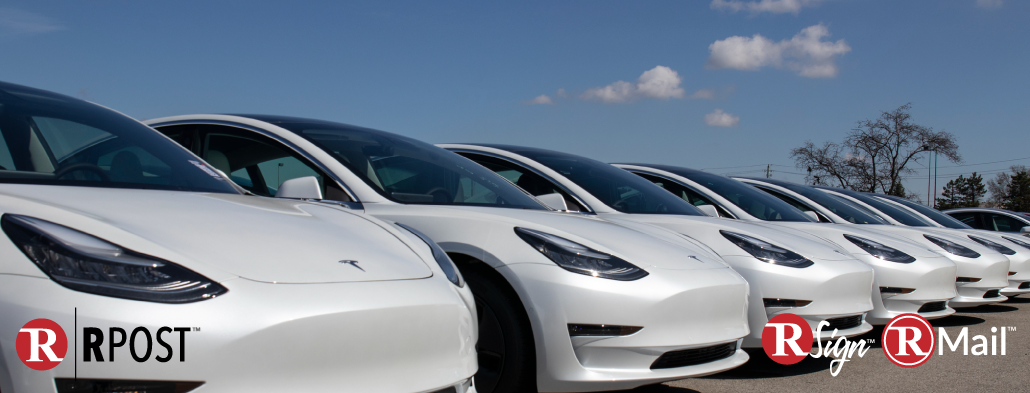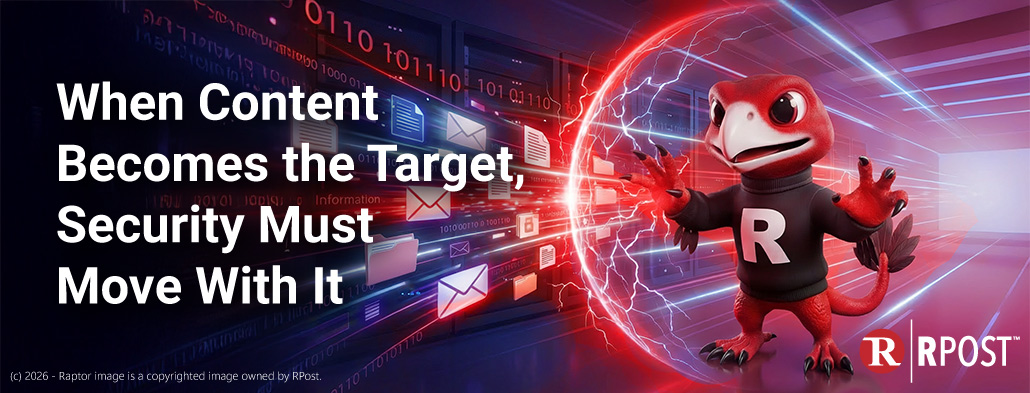
In the world of car branding (and marketing in general), there’s the “good, better, best” concept, which was pioneered by General Motors in the 20th century. Think back to a time where men wore hats, were the sole breadwinner in the family and said things like “jeepers” and “swell”.
There was the affordable, but high-quality Chevrolet as the entry point. After a promotion or two in your stable, middle-class job at the company that would provide you “lifetime employment”, you would move on to Buick, a car that would give you more room and more bells and whistles. Finally, if you really made it—perhaps to the executive level—there was Cadillac, “the standard of the world,” where luxury, high performance and cutting-edge design came standard.
All these marques are obviously still around, but a lot has changed. Interestingly, you can still hear people use the Cadillac name to describe the best (or maybe just the most expensive) offering in a product lineup. (e.g., “I know this $5.99 lemon zester on Amazon is fine, but maybe I should splurge for the Cadillac of lemon zesters – that version.”)
However, dig a little deeper, and you’ll find that the Cadillac brand in recent years has lost its way in terms of creating a car that is the true standard of the world. According to Consumer Reports, it ranks near the bottom in terms of owner satisfaction and reliability, and it ranked 29th on its overall ratings list out of 33 total brands. Instead of being synonymous with “the best,” Cadillac more recently invokes associations like “old”, “gas guzzling” and “unnecessarily expensive.”
In a recent email exchange I was forwarded between insurance agents, one of them referred to a major competitor of ours as “the Cadillac of” e-signature providers. This was meant to convey that it was at the top of the rank. I responded that what she said was certainly true, but more in the sense that it was at the top of the cost rank; it was bloated, pricey, and riddled with customer dissatisfaction. I had to point out that our RSign product, by contrast, was more like the “Tesla of” e-signatures—feature-rich, modern, sleek, and innovative while being much more affordable—akin to the cost of running an electric car engine (RSign, the Tesla of e-signature providers) as compared to running a gas engine with today’s California $6/gallon sky-high gas prices (the other — the Cadillac of e-signature providers).
Learn More:
How to Create Electronic Signatures
How to Send Forms for Bulk Signing
How to Sign a Word Document Online
And yes, for those working in the insurance industry, RSign has a new connector for Applied Epic, Vertafore AMS360, and all other platforms in between across industry; so any user can “print” from Epic, AMS360, or any platform from where you can print, and the document will magically appear in RSign ready for addressing and sending. That’s the Tesla of integration–a novel, easy-to-drive (eSign) approach. Also, please think of RMail email encryption, with its AI-automation connected to Epic and AMS360 via its Outlook or security gateway connectors, as equally feature-rich, modern, and sleek while being the much more affordable email encryption and e-security option.
Inflation is now present in nearly every aspect of life and business, so it really does make sense to go with the best value for the most features. The reality is that Tesla outsold Cadillac by nearly 2-to-1 last year, and that’s before the recent turmoil in Ukraine sent gas prices even higher.
Think of RSign (the Tesla of e-sign) as at least a 2-to-1 cost savings to operate (vs. the Cadillac of e-sign) with all of the features and auto-pilot options that you will ever need.
Feel free to contact us to discuss how you can get started with RSign and/or RMail.
.jpg)
February 13, 2026

February 06, 2026

January 30, 2026

January 23, 2026

January 16, 2026